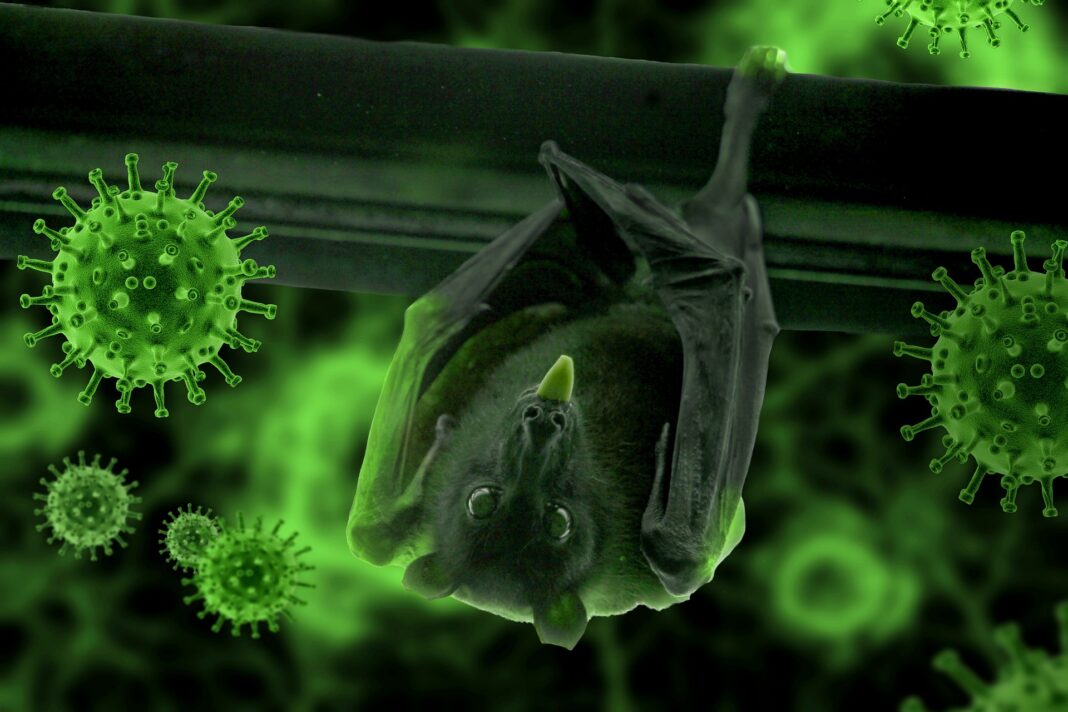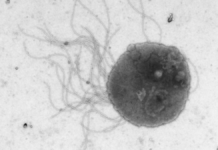“If you are feeling sick, stay at home and avoid contact with people”. You have probably lost count of the number of times you have heard this sentence since the beginning of the covid pandemic. But the wise advice is easier said than done, most of the times; maintaining social distance from our peers goes against our cultural norms of communication.
But, if staying far away from relatives may not come naturally for humans, for other animals, it is typical behaviour. Vampire bats, for instance, associate with fewer relatives and spend less time with others when they are feeling sick, says a study published yesterday in the journal Behavioural Ecology.
Feeling sick, staying apart
Researchers from the Ohio State University and Smithsonian Tropical Research Institute wondered what animals do to slow or stop the spread of germs in their social circles. Sickness behaviour is an effective measure to change the rate of pathogen transmissions. Rather than a cooperative trait, sick behaviour is an altruistic mechanism exhibited by many wild animals that include increased lethargy and sleep and reduced sociality.
Sickness behaviour was induced in half of the study group by injecting an LPS solution, free of pathogens, that triggers an immune response and mimics the symptoms of sickness. The second half of the bat group received a placebo shot, and the animals were released back to their wild colonies, in Lamanai, Belize. To analyse the contacts between bats, the research group tagged individuals with proximity sensors, which tracked the number and duration of encounters between animals.
Reducing interactions
The study shows that “sick” bats had significant changes in social behaviours. After two days of treatment, when symptoms of sickness started to fade away, these behaviours returned to normal.
Compared to healthy “vampires”, bats injected with LPS associated with an average of four fewer individuals, spent about 25 fewer minutes with others and connected less with highly sociable groupmates.
All in all, researchers argue, the sum of these behaviours can help slow the spread of a pathogen that is transmitted through physical contact activities, such as grooming.
References:
Simon P Ripperger, Sebastian Stockmaier, Gerald G Carter, Tracking sickness effects on social encounters via continuous proximity sensing in wild vampire bats, Behavioral Ecology, , araa111, https://doi.org/10.1093/beheco/araa111





